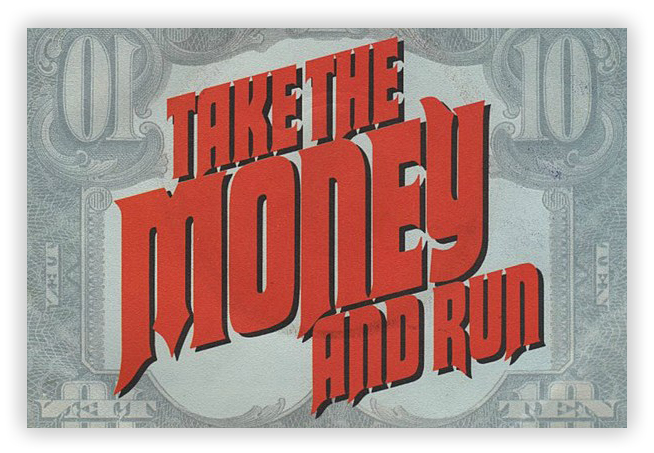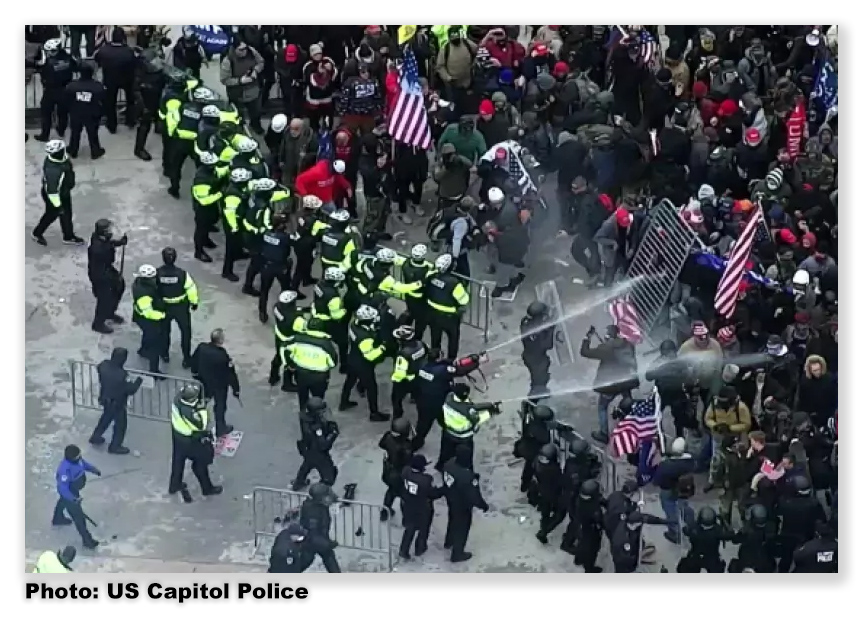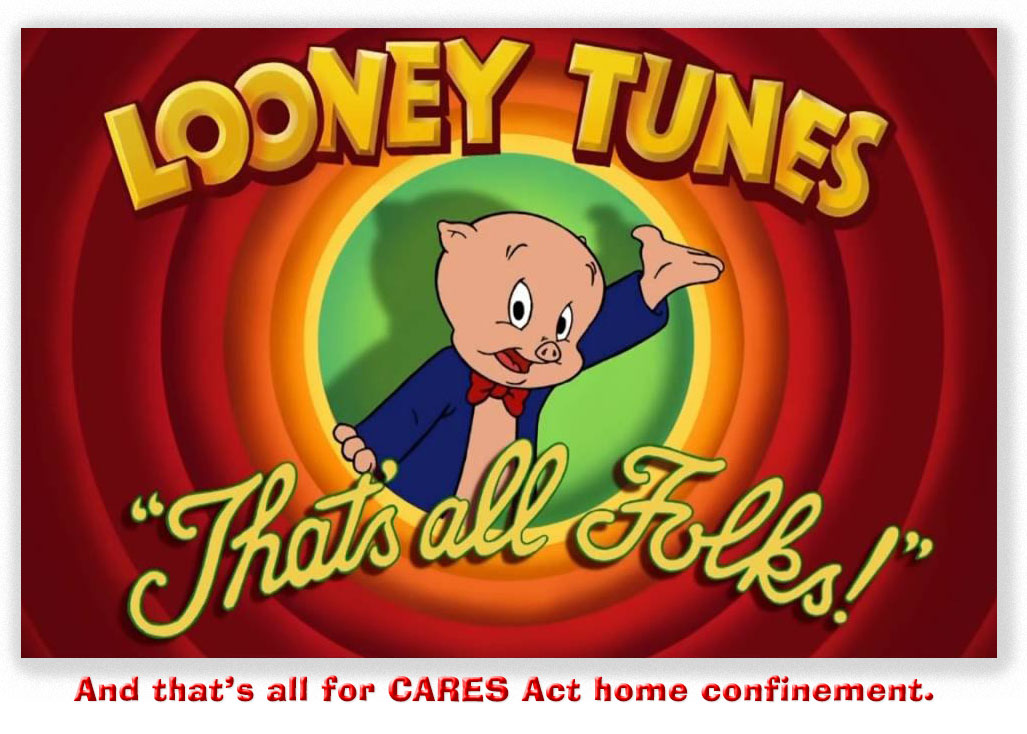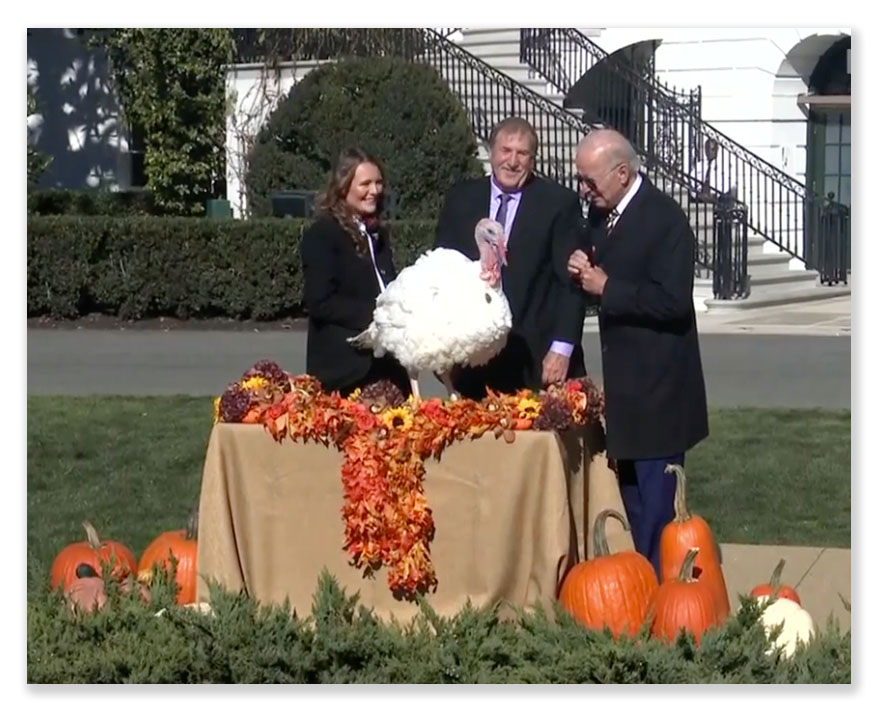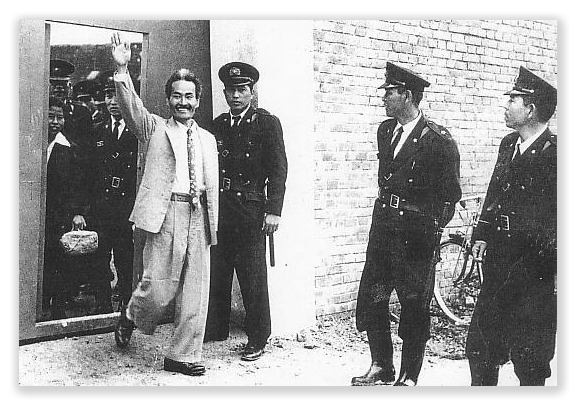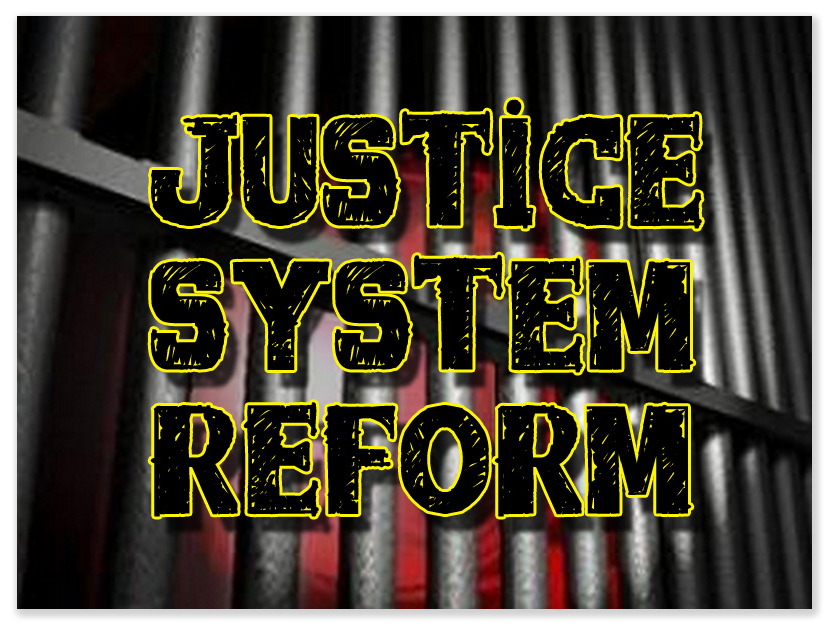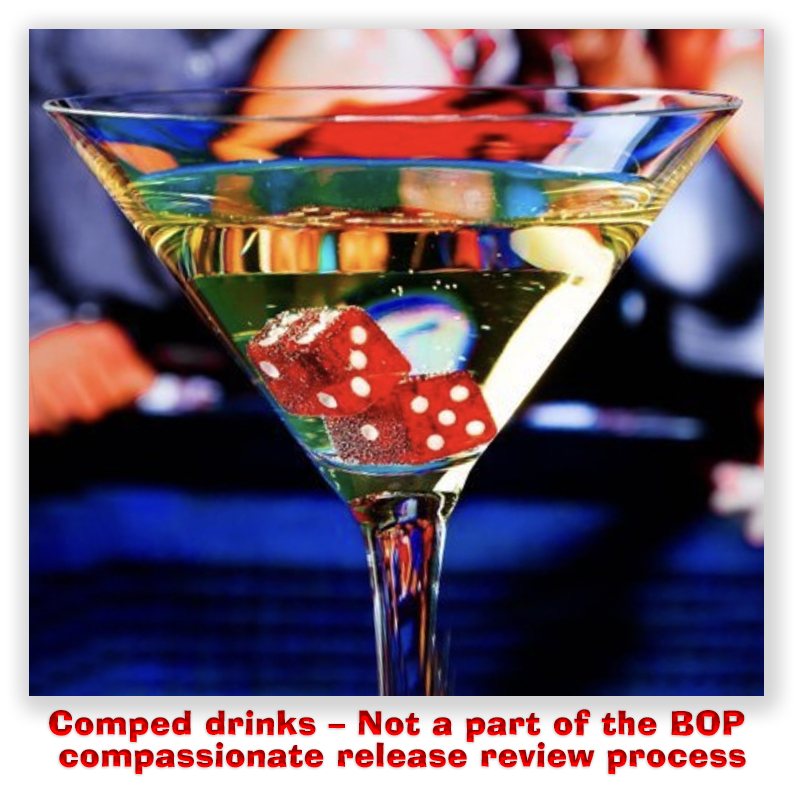We post news and comment on federal criminal justice issues, focused primarily on trial and post-conviction matters, legislative initiatives, and sentencing issues.

BIDEN CLEANS OUT DEATH ROW SO TRUMP CAN’T
 President Biden this morning commuted the death sentences of 92.5% of those on federal death row, converting the sentences of 37 men to life without parole less than a month before Donald J. Trump will return to the Oval Office with a promise to restart legally sanctioned killing.
President Biden this morning commuted the death sentences of 92.5% of those on federal death row, converting the sentences of 37 men to life without parole less than a month before Donald J. Trump will return to the Oval Office with a promise to restart legally sanctioned killing.
Only three men, each a mass killer in crimes with special circumstances, will remain on federal death row. Robert D. Bowers, 52, murdered 12 Jewish worshippers at the Tree of Life Synagogue in Pittsburgh. White supremacist Dylann Roof, 30, murdered nine black worshippers at a Charleston, SC, church Charleston, S.C., in 2015; and Dzhokhar Tsarnaev, 31, is the survivor (for now) of the two brothers behind the Boston Marathon in 2013 that killed three and injured more than a dozen others. Tsarnaev’s attack was ultimately held to be terrorism-related.
Biden said in a statement, “Today, I am commuting the sentences of 37 of the 40 individuals on federal death row to life sentences without the possibility of parole. These commutations are consistent with the moratorium my Administration has imposed on federal executions, in cases other than terrorism and hate-motivated mass murder.
Biden promised during his 2020 presidential campaign to end the federal death penalty. Although legislation he backed failed to advance in Congress during his administration, Biden directed the Dept of Justice Department to issue a moratorium on federal executions, a stark contrast to Trump’s frenzy of 13 executions in a 6-month period in 2020-2021.
 The Bureau of Prisons had to transfer extra personnel from around the system to USP Terre Haute for the executions, a step that became a COVID superspreader event for the federal prison system as the personnel carried the virus back to their home institutions, where it galloped through staff and inmate ranks.
The Bureau of Prisons had to transfer extra personnel from around the system to USP Terre Haute for the executions, a step that became a COVID superspreader event for the federal prison system as the personnel carried the virus back to their home institutions, where it galloped through staff and inmate ranks.
Biden was a longtime advocate for the death penalty, having claimed to have personally written in death as a maximum sentence for a variety of federal crimes in the Violent Crime Control and Law Enforcement Act of 1994. Even during the moratorium of his current term, DOJ has sought the death penalty in a case where a 34-year-old Uzbekistan native ran down cyclists and joggers with a truck in New York and in the 2022 Buffalo Tops Family Market mass shooting in which an 18-year-old white supremacist murdered 10 black shoppers.
 A broad collection of groups and people opposing the death penalty — including civil rights groups, religious organizations, current and former law enforcement officials, ex-prison workers and murder victims’ relatives — had called on Biden to commute the federal death sentences. Nevertheless, the predictable outrage against the commutation began within hours of the announcement, with the New York Post already trumpeting that “Biden commutes death sentences of child killers and mass murderers 2 days before Christmas.”
A broad collection of groups and people opposing the death penalty — including civil rights groups, religious organizations, current and former law enforcement officials, ex-prison workers and murder victims’ relatives — had called on Biden to commute the federal death sentences. Nevertheless, the predictable outrage against the commutation began within hours of the announcement, with the New York Post already trumpeting that “Biden commutes death sentences of child killers and mass murderers 2 days before Christmas.”
Biden continues to promise that “[i]n the coming weeks, the President will take additional steps to provide meaningful second chances and continue to review additional pardons and commutations.”
New York Times, Biden Commutes 37 Death Sentences Ahead of Trump’s Plan to Resume Federal Executions (December 23, 2024)
Washington Post, Biden commutes most federal death sentences before Trump takes office (December 23, 2024)
White House, Statement of President Joe Biden (December 23, 2024)
– Thomas L. Root



